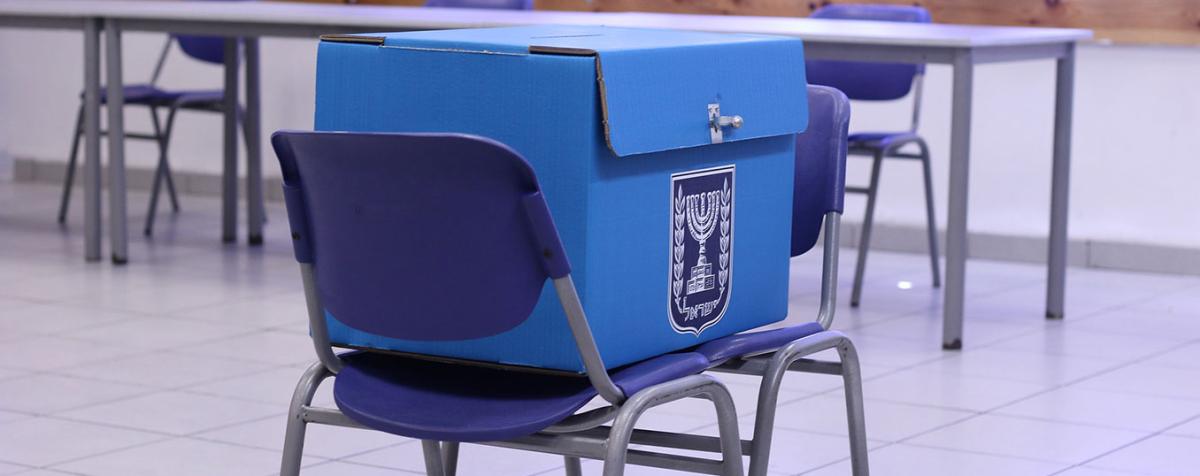Exploring Spousal Disenfranchisement
Understanding Family Experiences
Our Partnership
Professor Laurel Eckhouse worked in collaboration with academic partners, including the Massachusetts Institute of Technology, to study spousal disenfranchisement (one's spouse becoming legally unable to vote because of a felony conviction). We believe the research and ingenuity achieved by collaborating with partners like MIT is needed to influence policy and develop near- and long-term solutions.
About DU Research
We leverage cross-institutional collaboration to address some of today’s most pressing challenges, producing interdisciplinary solutions that influence policymakers to effectively serve the public good. From Stanford to UChicago to NYU, we’ve refined our collaborative process through years of mutually beneficial relationships with institutions nationwide to understand and address challenges like climate change, HIV and youth homelessness.
DU’s current research efforts have been featured in news outlets like The New York Times. They include…
- exploring the effects of felony disenfranchisement.
- employing lasers as the medium for quantum science.
- using theatre to heal and rehabilitate inmates.










